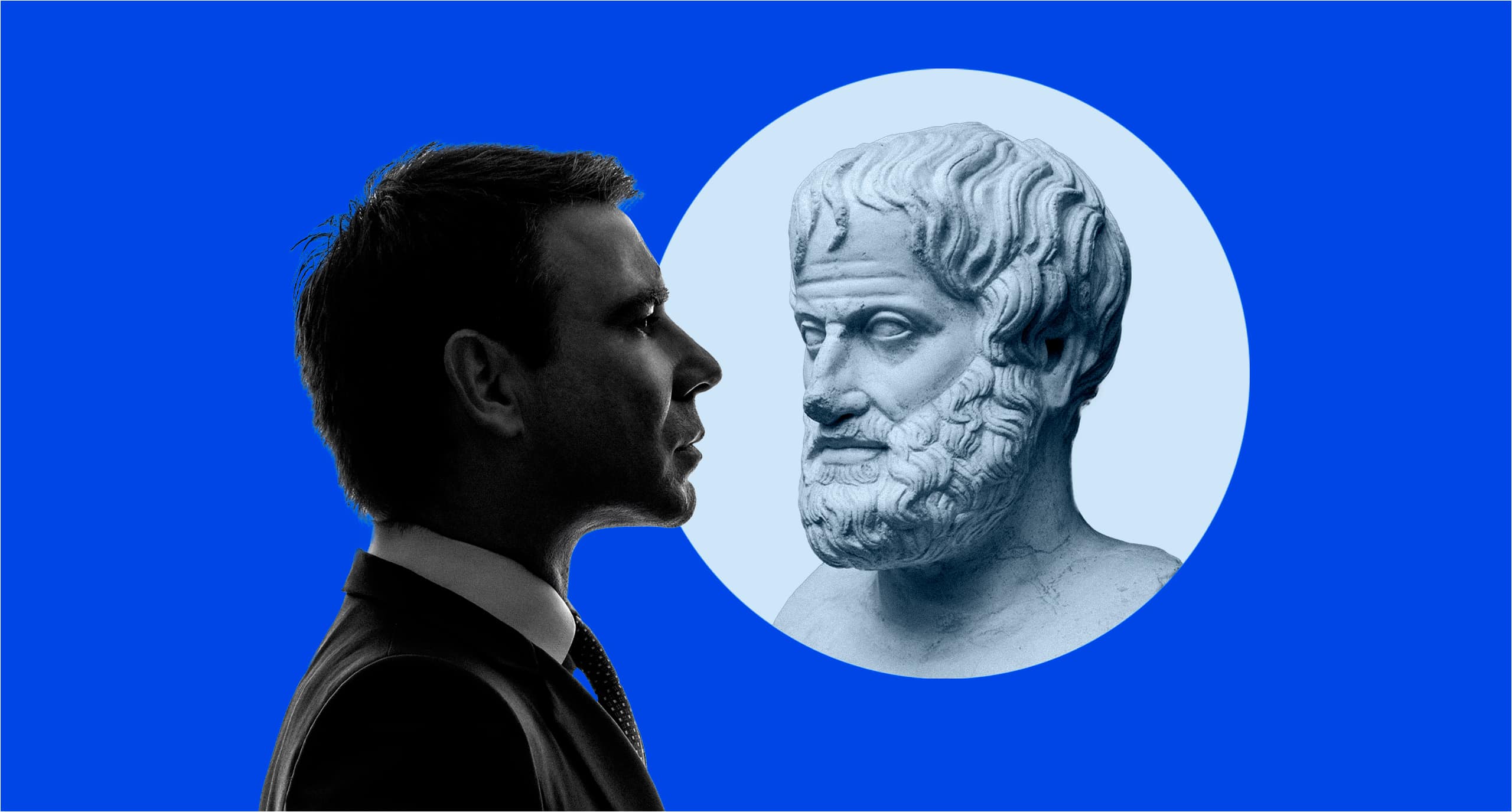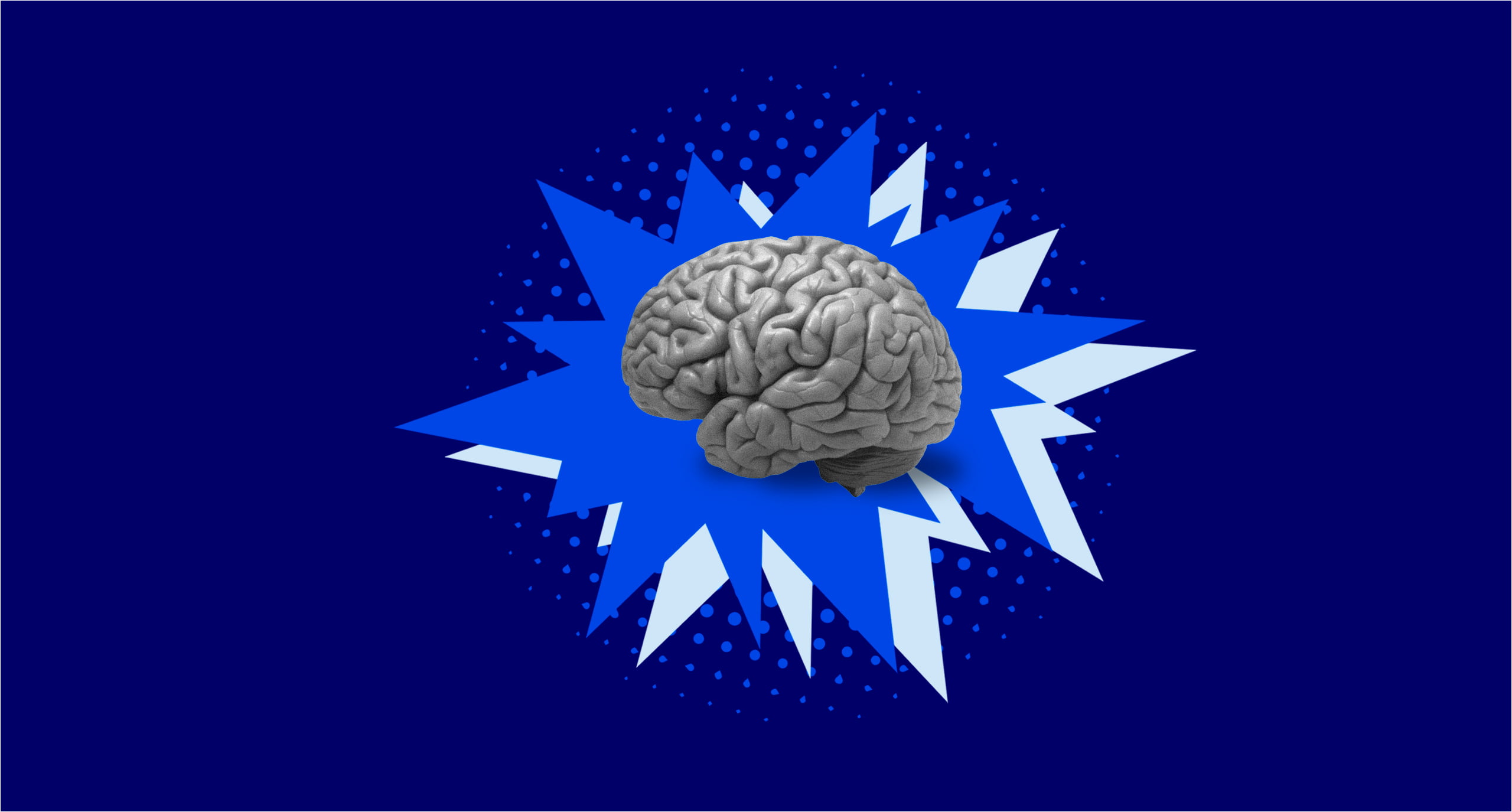25/06/2024
In an era dominated by technology and science, the value of studying the humanities might seem to wane, yet its importance in our modern world is more critical than ever. The humanities, which include “classic” disciplines like literature, philosophy, history and the arts, offer profound insights into the human condition and equip students with the versatile skills necessary to navigate these increasingly complex times. That’s why the humanities is one of our core values at IE University, forming a part of everything we do.
How the various disciplines of the humanities have changed over time
Historically, the humanities have played a pivotal role in shaping well-rounded individuals capable of critical thinking and empathetic understanding. While some may think of these disciplines as old-fashioned, they have, in fact, evolved over time to address contemporary issues while retaining their core focus on human values and societal impact.
Literature explores a variety of narratives and voices, helping us understand diverse perspectives and providing a richer understanding of the world. Philosophy encourages analytical thinking and ethical reasoning, crucial in a world grappling with complex moral dilemmas. History offers a lens to understand the past, informing better decisions for the future.
At IE School of Humanities, we believe that the disciplines of the humanities are crucial for cultivating informed and thoughtful leaders, capable of finding innovative solutions for the problems we face as a society.
Understanding how the humanities have changed over time and how they are relevant to the modern world is part of our mission to create positive impact for a better tomorrow.

The humanities: essential foundations for understanding the modern world
The study of the humanities goes beyond academic enrichment; it molds versatile individuals equipped to handle real-world challenges. Humanities graduates are not only adaptable, but also resilient—thriving in fields as diverse as law, business and technology. This flexibility is particularly valuable in an unpredictable job market where change is the only constant.
Beyond personal and professional benefits, humanities studies foster a broader societal impact. Graduates are often driven by a desire to contribute positively to society, addressing critical issues such as misinformation, social justice and ethical challenges presented by new technologies. Their ability to analyze, interpret and communicate complex ideas is essential in the modern world, where these skills are increasingly needed to navigate social and political complexities. Through initiatives such as IE Impact and IE Foundation Prizes in the Humanities, we aim to impart these skills to all our students, not only those enrolled in humanities programs.
A spectrum of humanities opportunities in the workforce
A humanities degree opens numerous career paths across diverse sectors. Surveys show that employers increasingly value the soft skills—such as critical thinking, ethical judgment, communication and problem-solving—that humanities students excel in. These skills are especially crucial as automation and AI begin to take over routine tasks, placing a premium on human-centric skills like creativity and empathy.

The breadth of opportunities available to humanities graduates is vast, ranging from education and public relations to more unexpected fields like technology and business.
Notable leaders, like GlaxoSmithKline’s CEO Emma Walmsley, who studied classics, exemplify how the disciplines of the humanities are foundational even in scientific and business realms. This is because the transversal skills gained in these studies foster a culture of innovation and leadership.
The future of the humanities
The evolution of the humanities over time has mirrored the evolution of our society. We are now seeing the integration of the humanities with digital and technological advancements, illustrating that these fields remain relevant and essential. The analytical and ethical frameworks provided by humanities education are invaluable in guiding the development and application of technologies in a way that serves humanity’s best interests.
Studying the humanities offers more than an academic credential; it provides a toolkit for thriving in a rapidly evolving world. It encourages students to question, analyze and interpret the world, preparing them for diverse career paths and enabling them to make meaningful contributions to society. As we face the future, the lessons from our past, studied through the humanities, are not just useful but imperative for creating a balanced, insightful and humane society.








